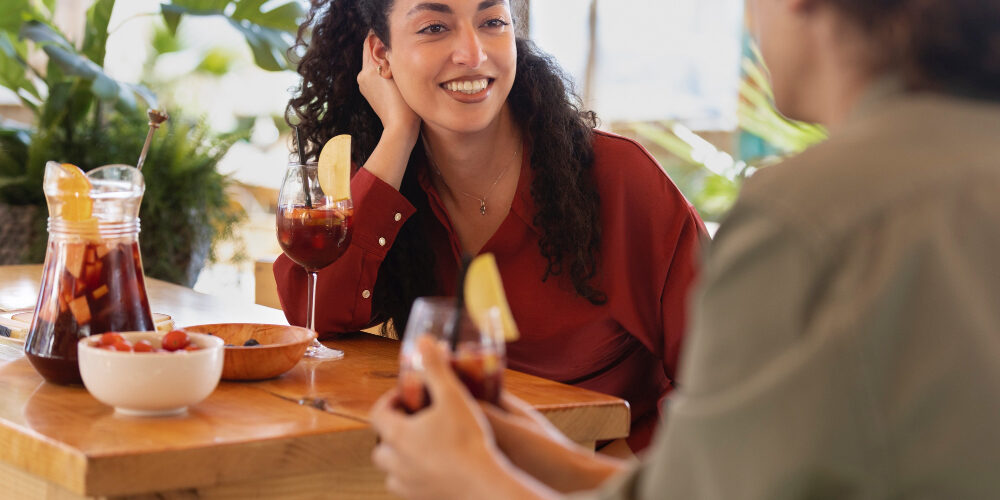Test B1
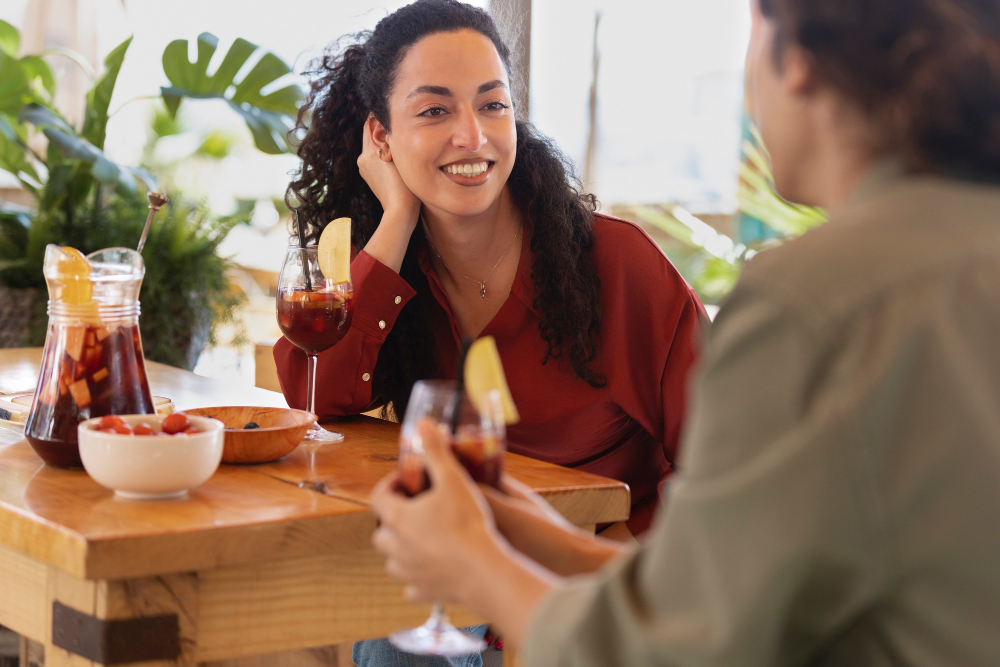
In this test, you will do 5 parts based on the previous lessons about food, Present Simple and Present Continuous.
- Grammar & Vocabulary
- Reading
- Listening
- Speaking
- Writing
Part 1. Grammar & Vocabulary

A. Choose the correct form (Present Simple or Present Continuous).
- She usually ___ (cook) pasta on Sundays.
- Listen! The waiter ___ (bring) our drinks.
- My brother never ___ (eat) vegetables.
- At the moment, we ___ (reserve) a table for Saturday online.
- Chefs often ___ (use) olive oil for frying.
- Look! The children ___ (cut) the cake.
- People in Japan often ___ (have) rice for breakfast.
- Right now, I ___ (make) a fruit smoothie.
Answer key
- cooks
- is bringing
- eats
- are reserving
- use
- are cutting
- have
- am making
B. Fill in with the correct word (diet, dish, ingredient, fork, knife, vegan, dessert, boil, fry, bake).
- Chocolate cake is my favourite ___.
- A ___ doesn’t eat meat or dairy products.
- We need three ___ for the soup: tomatoes, onions, and basil.
- Could you pass me a ___, please? I want to eat the salad.
- Italians usually ___ pasta in salted water.
- You shouldn’t cut meat with a ___, you need a ___.
- At the restaurant, they always ___ fish with lemon.
Answer key
- dessert
- vegan
- ingredients
- fork
- boil
- fork, knife
- fry
Part 2. Reading
Text: Opinions about Food and Health
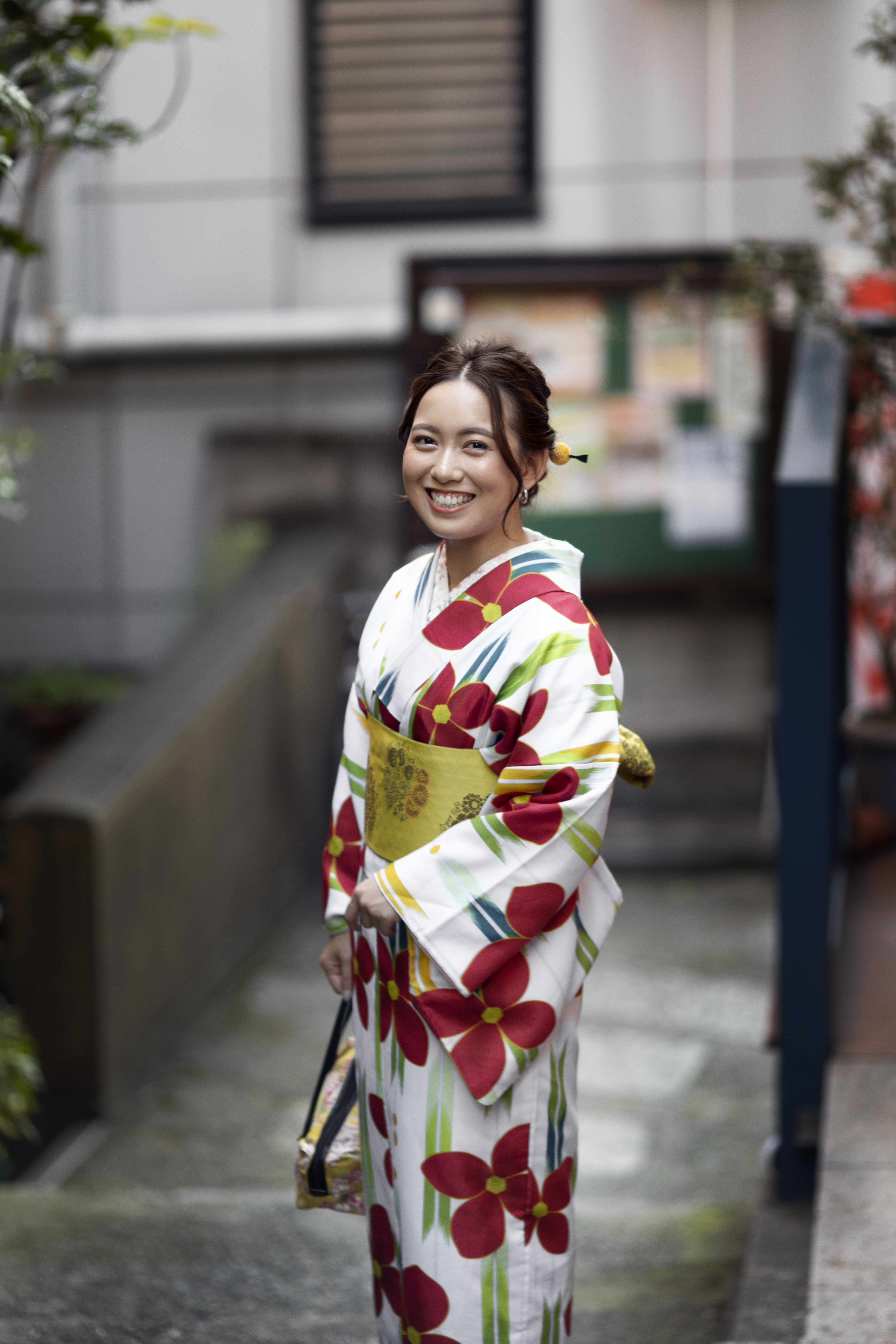
Opinion 1 – Sulima (student, 20):
“I eat seafood twice a week. Fish is full of protein but usually has fewer calories than red meat. Salmon and tuna also contain healthy fats, which are good for the heart. I think seafood is the best option for people who want energy without eating too much.”
Opinion 2 – Tom (fitness trainer, 28):
“I prefer chicken and turkey. White meat has a lot of protein and almost no fat. It helps me build muscles, and it’s cheaper than seafood. I don’t eat pork or beef very often because they have more calories.”
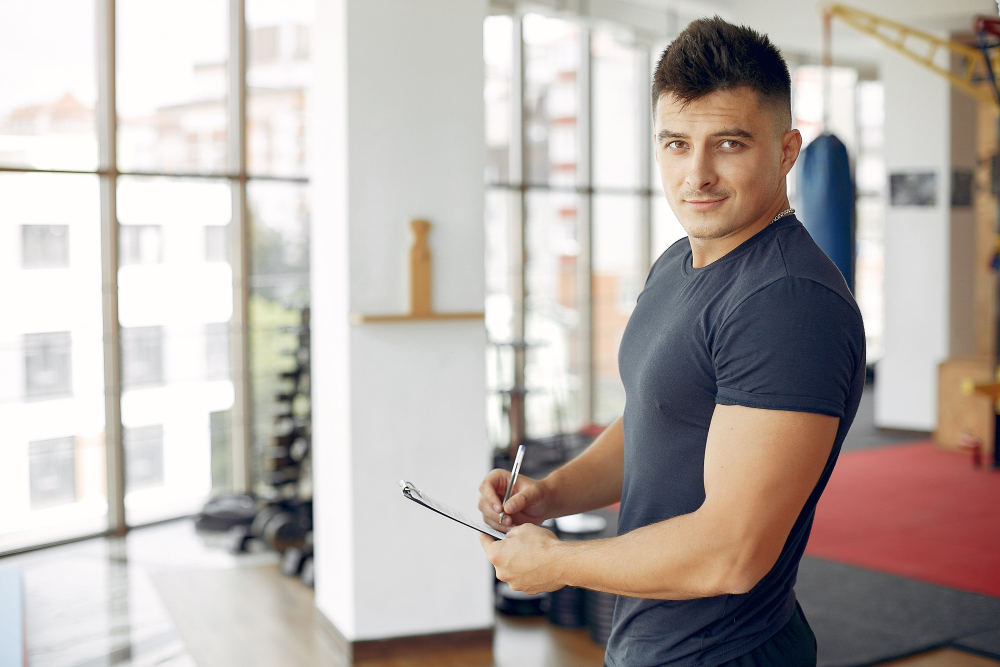
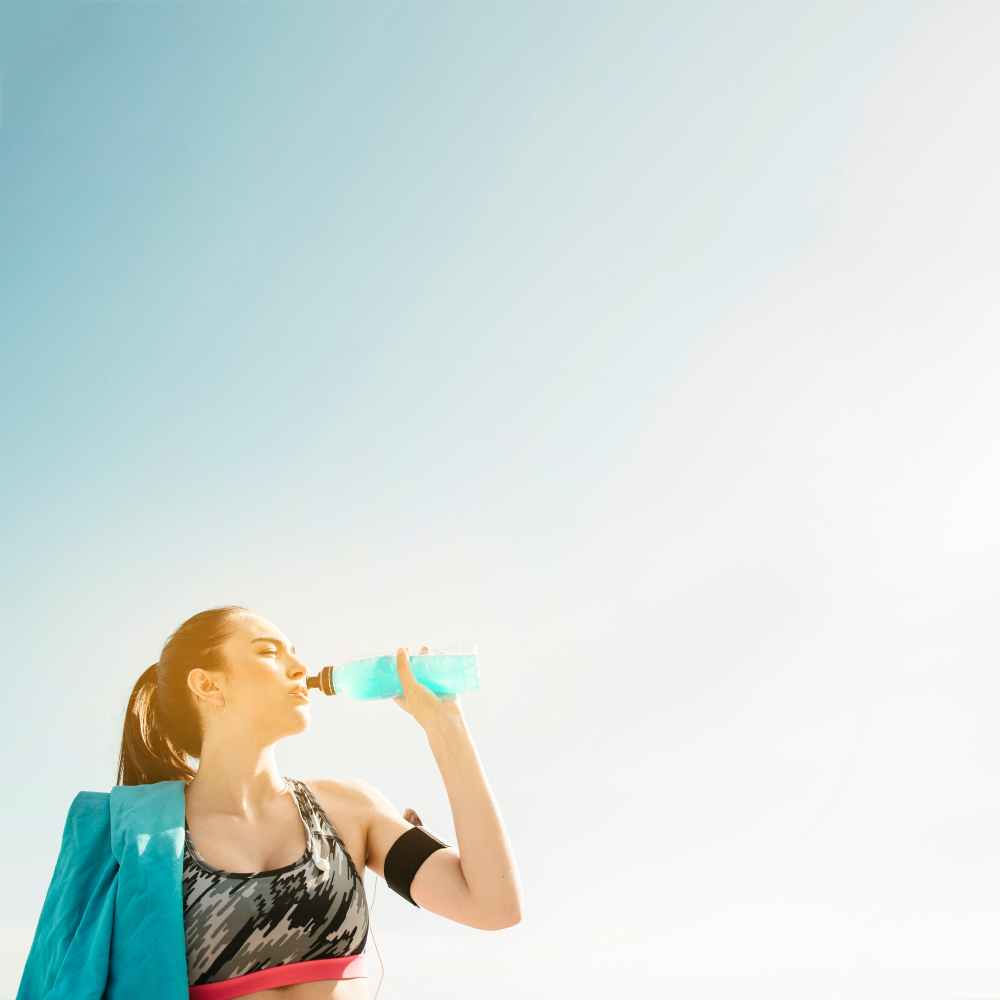
Opinion 3 – Aisha (vegetarian, 25):
“I don’t eat meat or fish. Instead, I get protein from beans, lentils, and chickpeas. They also give me a lot of carbohydrates for energy. Vegetables are very important in my diet because they have vitamins and fiber, and they keep me healthy.”
Opinion 4 – David (doctor, 40):
“I believe balance is important. The human body needs proteins, carbohydrates, and some fats every day. Eating only meat or only vegetables is not the best idea. I tell my patients to eat more vegetables, less fried food, and to drink enough water. Healthy lifestyle is about balance, not about strict diets.”

Questions:
- What does Maria like about seafood?
- Which type of meat does Tom prefer, and why?
- Where does Aisha get her protein from?
- What does Aisha also get from beans and lentils?
- What advice does David usually give to his patients?
- Who believes that balance is more important than strict diets?
- Who doesn’t eat meat at all?
- Who thinks seafood has fewer calories than meat?
Answer key
- It has a lot of protein but fewer calories than red meat.
- Chicken and turkey, because they have a lot of protein, almost no fat, and are cheaper than seafood.
- From beans, lentils, and chickpeas.
- Carbohydrates (for energy).
- To eat more vegetables, less fried food, and to drink enough water.
- David.
- Aisha.
- Maria.
Part 3. Listening

(Teacher reads aloud or students listen to recording)
Read the questions about Anna first. Then listen to the recording, after that answer the questions.
Questions:
- What does Anna usually do in her job?
- What advice does she give about drinks and sugar?
- What are the children’s usual eating habits?
- What are they preparing today?
- What does Anna believe about small daily changes?
Script
Transcript (upgraded B1 version):
“Anna is a nutritionist. She usually gives advice to people about healthy diets. Every day, she talks to clients about eating more vegetables, drinking enough water, and reducing sugar. Right now, Anna is working with a family who wants to change their eating habits. The children often eat fast food after school, but today they are preparing a healthy salad together. Anna is showing them how to chop vegetables and make a light dressing. She believes small daily changes can help people live longer and feel stronger.”
Answer key
- She gives advice to people about healthy diets.
- She tells them to drink enough water and reduce sugar.
- They often eat fast food after school.
- A healthy salad.
- That they can help people live longer and feel stronger.
Part 4. Speaking
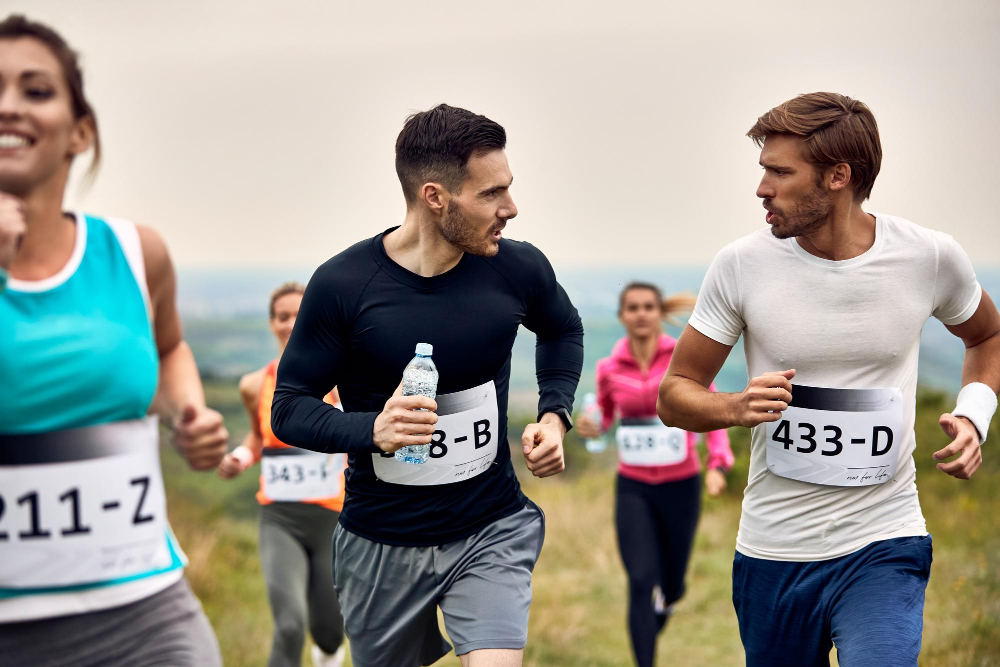
The speaking part is divided into 3 short tasks.
Task A: Personal Questions
- Do you usually cook at home or eat out? Why?
- What is your favourite dish and how do you prepare it?
- Do you prefer meat, seafood, or vegetarian food? Give reasons.
Task B: Role-play (Restaurant Situation)
Student A: You are a customer in a restaurant. You want to:
- reserve a table for two,
- ask about vegetarian options,
- order a main dish and a dessert.
Student B: You are the waiter/waitress. You need to:
- take the reservation,
- explain the vegetarian options on the menu,
- suggest a dessert.
(Then switch roles if there are two students.)
Task C: Opinion & Discussion
Discuss with your partner or teacher:
- Some people say “healthy food is always boring.” Do you agree? Why / why not?
- Is it better to eat three big meals a day or five small ones? Explain your opinion.
- In your country, are eating habits changing? How?
Part 5. Writing

Write 6–8 sentences. Use both Present Simple and Present Continuous:
- Describe your usual eating habits (what you normally eat, how often you eat out, etc.).
- Describe what you are eating or preparing this week.
Example Answer (varies):
I usually eat three meals a day. I often have cereal or eggs for breakfast, and I try to eat vegetables every day. I don’t drink fizzy drinks, but I sometimes eat chocolate. At the moment, I am trying a new diet with more fish and salads. This week I am cooking vegetable soup for dinner, and I am drinking more water than usual.

